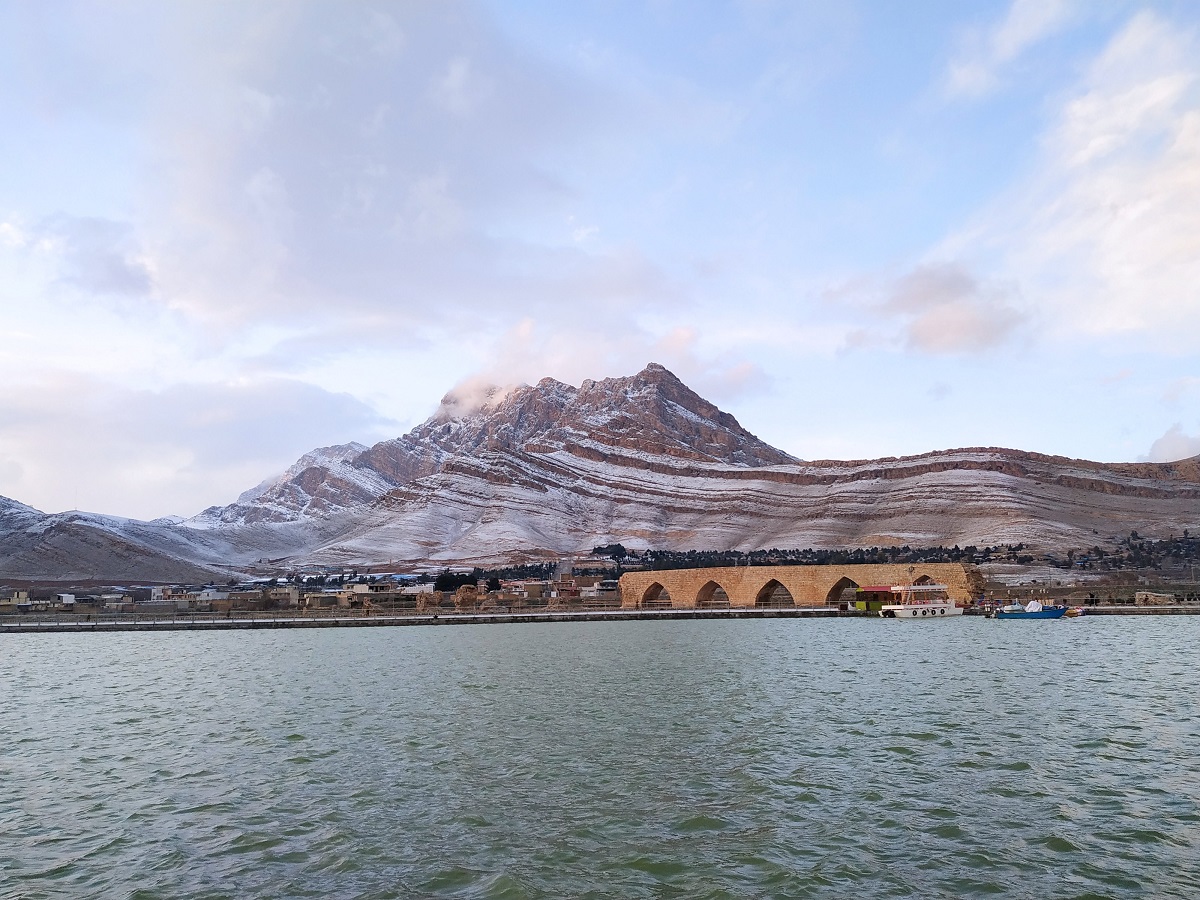Water – the definition of life as we know it. It nourishes our planet, provides food for ourselves, and is an integral part of every ecosystem on earth. Sadly, humanity has been abusing water resources in recent years–from overuse to pollution–causing a rise in water scarcity issues all across the globe. In an effort to ensure that this essential resource can be sustained for generations to come, it’s pertinent now more than ever that we take back control and uncover the importance of preserving our valuable water. In today’s blog post, let’s explore how vital sustainability is when it comes to keeping this elixir from becoming extinct and protecting us from a shortage crisis of life-threatening proportions.
Understanding why water is essential to life
Water is the source of all life, and understanding why it’s necessary is crucial to maintaining good health. Every living organism, from plants to animals, requires water to survive. The human body is made up of roughly 60% water, and that water is used for a myriad of critical functions, such as regulating body temperature, lubricating joints, and transporting nutrients and oxygen throughout the body. On top of that, drinking enough water can help prevent dehydration, which can cause fatigue, headaches, and other unpleasant symptoms. In short, water is essential to life, and we should all strive to drink enough of it daily.

Exploring the various sources of water
Water is one of the most necessary elements for human life. It is a precious resource that is essential for survival. While many of us are accustomed to turning on the tap for an unlimited supply of water, it’s important to understand that this important resource comes from various sources. From streams and rivers to underground aquifers, there are a variety of ways in which water makes its way into our homes. Exploring the various sources of water can be both fascinating and informative. Understanding how water sources interconnect with each other can help us better appreciate this vital resource and the role it plays in our daily lives.
Examining the effects of inadequate water supply
Water is essential for our survival, but many people around the world do not have access to adequate water supply. Examining the effects of inadequate water supply is crucial for understanding the impact it can have on individuals, communities, and entire countries. Without safe and clean water, people are more susceptible to diseases such as cholera and dysentery, which can be fatal. Lack of access to water also affects hygiene and sanitation, further increasing the risk of illness and disease. Additionally, inadequate water supply can lead to malnutrition, as crops and livestock suffer from insufficient water. Ultimately, the effects of inadequate water supply are far-reaching and require urgent attention and action.
Evaluating the importance of conserving water
Water is a precious resource that is essential to life. It is used for everything from drinking to farming, and without it, we would not be able to survive. Unfortunately, the world is facing a water crisis, with many areas experiencing severe shortages. In order to conserve and protect this invaluable resource, it is important that we take action now to reduce our water usage. By making small changes to our daily routines, such as fixing leaky faucets or taking shorter showers, we can help to ensure that there is enough water for future generations. Conserving water not only helps to preserve the environment, but also saves money on utility bills and reduces the strain on our water supply systems. Overall, we must take the issue of water conservation seriously if we want to ensure a sustainable future for all.
Highlighting the benefits of using sustainable watering systems
As the world continues to grapple with environmental challenges, it has become increasingly important to adopt sustainable practices in all areas of life. One such practice is the use of sustainable watering systems. These systems are designed to conserve water and reduce wastage, all while maintaining healthy, beautiful landscapes. By using sustainable watering systems such as drip irrigation, rainwater harvesting, and greywater reuse, property owners can significantly reduce their water bills and help to conserve this precious resource. In addition, sustainable watering systems also contribute to a healthier ecosystem by reducing the use of chemicals and preserving soil structure. It’s time to acknowledge the benefits of sustainable watering systems and start investing in a better, more sustainable future.

Exploring ways to conserve and sustain water levels in our environment
Water is essential to life and preserving this vital resource is crucial. As human populations grow, water conservation and sustainability become ever more important. There are numerous ways to conserve water that can benefit both the environment and our daily lives. One effective method is to reduce water usage through simple changes such as taking shorter showers and fixing leaks promptly. Another is to use eco-friendly appliances and equipment, such as low-flow showerheads and toilets, to save water without sacrificing performance. Additionally, landscaping with native plants and installing rain barrels can help reduce water usage in outdoor areas. By exploring and implementing various strategies for conserving and sustaining water levels, we can help protect our planet and ensure a healthier future for all.
In summation, understanding why water is essential to life and exploring the various sources of water should propel us to examine the effects of inadequate water supply and evaluate the importance of conserving water. By highlighting the benefits of using sustainable watering systems, our communities will significantly benefit from better soil nutrition, improved crop yields, and adequate hydration for animals. We must take action to conserve and sustain dwindling water levels in our environment by focusing on pollution control projects. Projected savings can be invested into efficient wastewater treatment systems and technologies that help conserve resources while preventing environmental degradation. With knowledge comes power — our actions now will shape the future of our environment.

